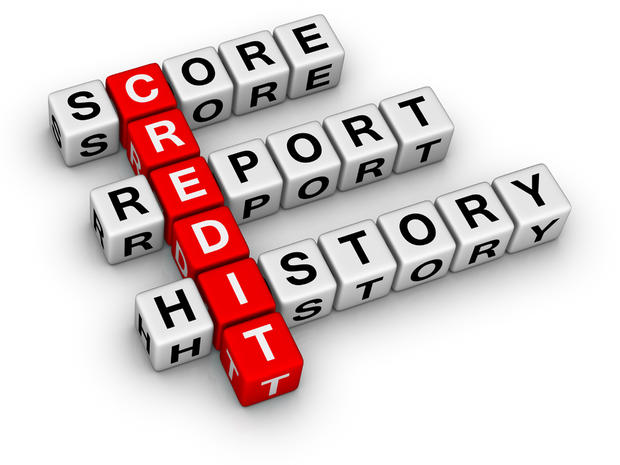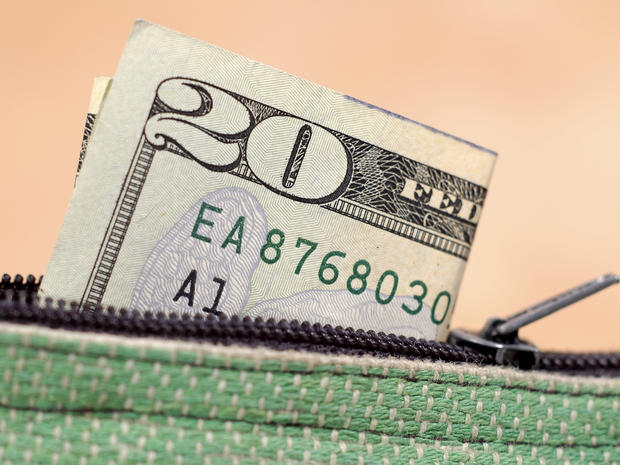3 times it makes sense to close a credit card
By Amelia Josephson/smartasset
As long as you don't carry an unpaid balance, keeping a credit card you don't use won't hurt your credit. In fact, it's actually closing a neglected card that dings your credit score. But while having impeccable credit is great, there are still some times when closing a credit card makes sense.
We've got the three times it's probably worth it to cancel your credit card.
You’re fed up with fees
Many credit cards, particularly rewards cards, come with fees. If you're diligent about earning and claiming rewards, a high fee may be a perfectly reasonable trade-off. If you find, though, that the credit card fee is a drain on your finances and you're not getting much out of the rewards, it may be time to close the account.
You can handle a dip in your credit score
It's easy to get hung up on the credit score. Pages and pages of online forums are dedicated to demystifying the credit score, raising the credit score and gaming the credit score system. Here's the thing: A good credit score is really important if you want to get a mortgage, a personal loan and even, in some cases, a job. If you're not in the market for any of those things in the short- to medium-term, you can likely afford a dip in your credit score. That means it's a safe time to close a credit card if having one you don't use is really bugging you, or if the fees are eating into your budget.
Say you recently secured a mortgage and purchased a home. You feel secure in your job, you have at least one other credit card that you use and pay off regularly, and you're not planning on applying for another loan any time soon. Chances are that you, my friend, can afford a ding in your credit score, and you've got time to build your score back up. Go ahead and close that unloved credit card if you feel you need to.
You’re prepared to spend less
Remember these three words: Credit utilization ratio. Translation: The amount of credit you use divided by amount of credit available to you. If you want an excellent credit score, you should never use the full amount of credit available to you. In fact, it's a good idea to keep your credit utilization ratio under 30 percent, but know that folks with the best scores tend to use around 10 percent of their available credit.
Say you have $15,000 of credit available to you between your three credit cards. In any given billing period, you should never charge more than $4,500 total. That's because a credit utilization ratio at, or preferably below, 30 percent is what the credit score generators want to see. If you decide to close a card with a $3,000 credit limit, you're down to $12,000 in total credit. That means you shouldn't charge more than $3,600. Don't close a credit card unless you're prepared to adjust your spending accordingly.
The takeaway
Closing a credit card will mean you have a) fewer lines of credit and b) a lower amount of credit available to you. Be aware that both of those changes will have a negative impact on your credit. Depending on the card you want to close and where you are in your credit journey, it may still be worth it to break up with a credit card.
If you decide to take the plunge, don't just shred the card. Call or write to your bank informing them of your intentions, and request that they send you a letter confirming the closure of the account. A month later, check your credit report to make sure the credit card no longer appears as an active account. If you decide to go old school and visit a bank branch, be prepared for a hard sell from tellers and managers who will want to keep you as a customer.




